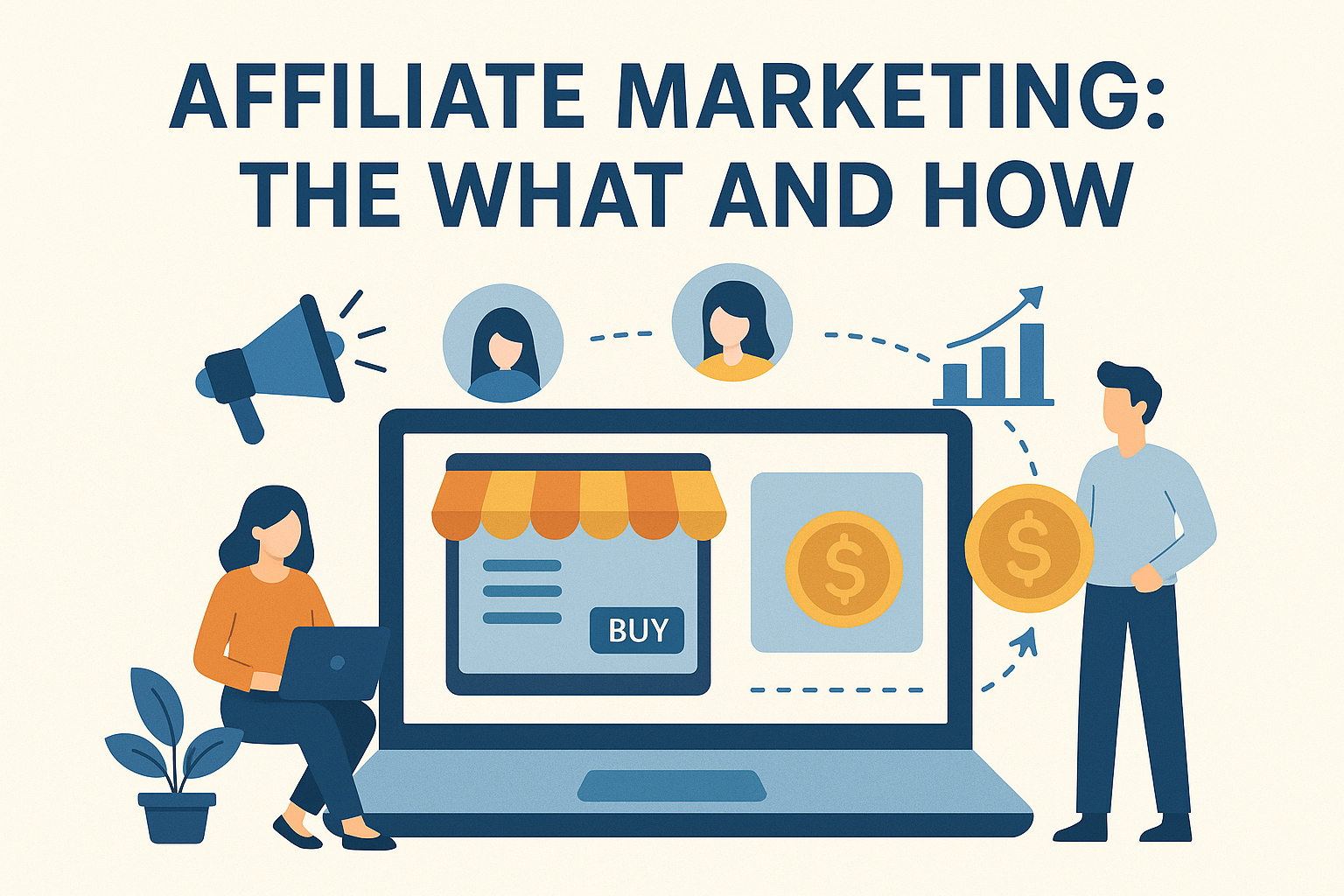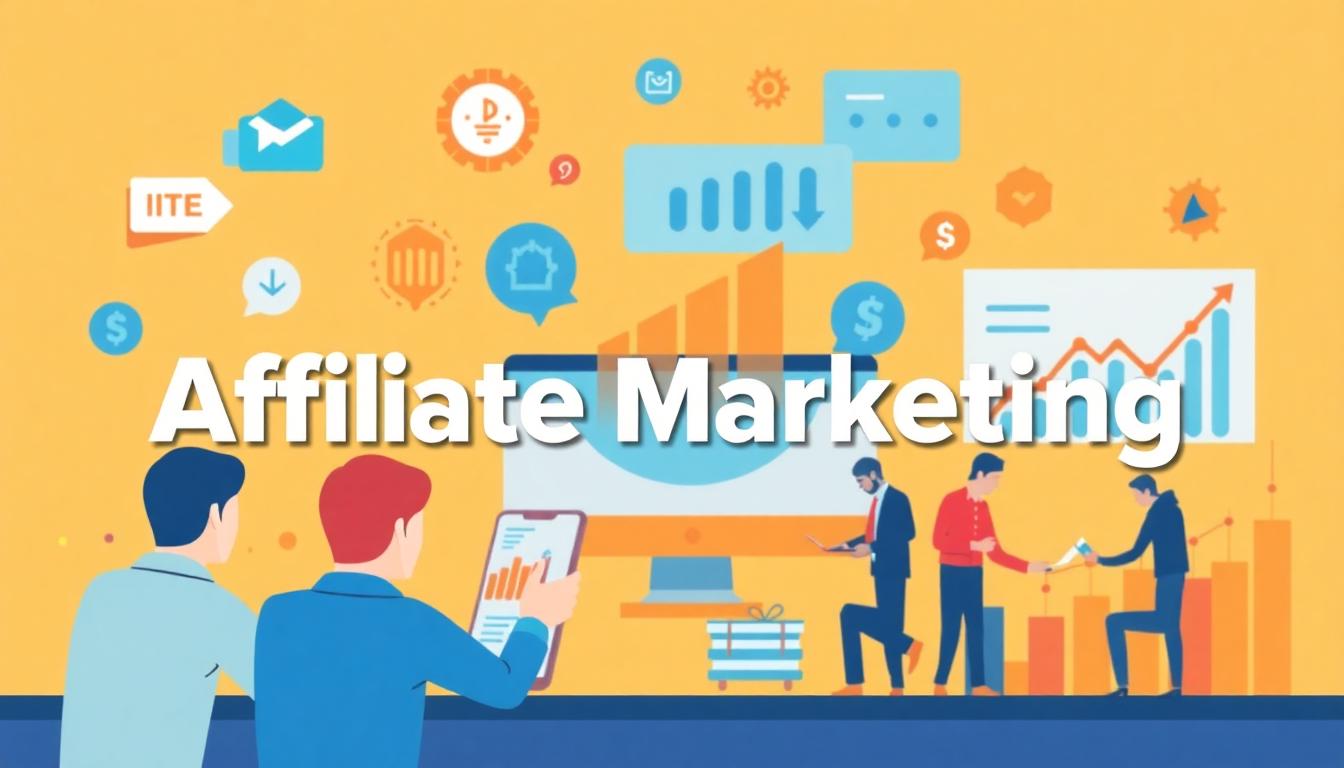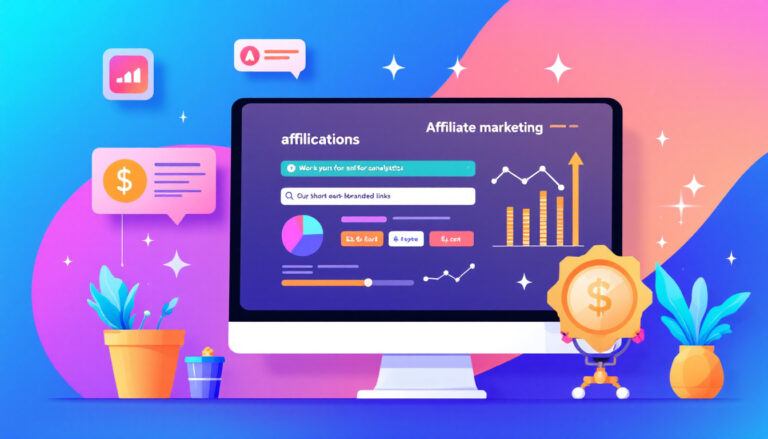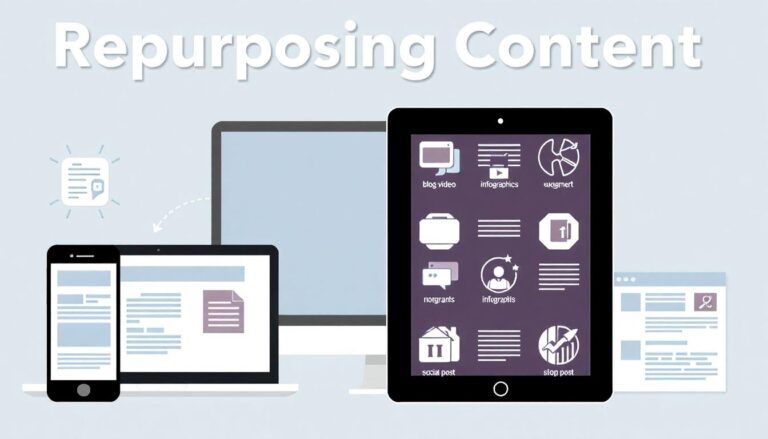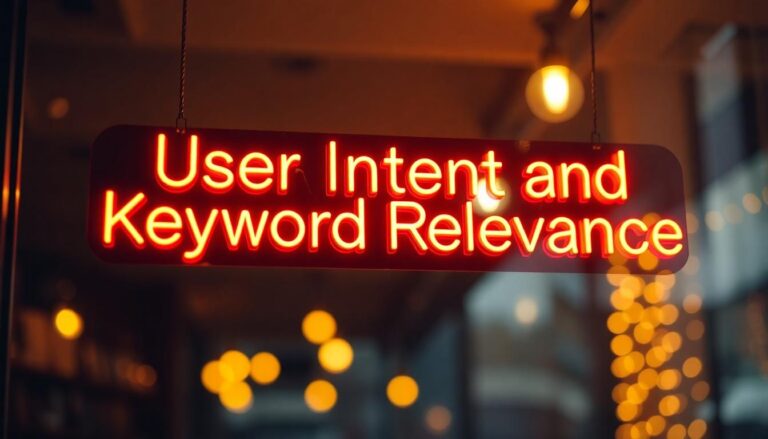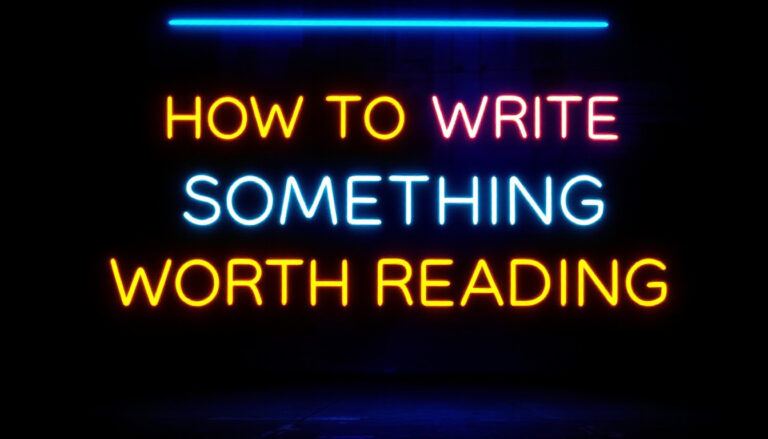Why You Can’t Always Trust AI’s “Facts” (Especially When It Comes to Citations)
By Michael Gray, based on the MAHA Commission report from Robert F. Kennedy Jr.
In 2025, AI-generated content is everywhere. Tools like ChatGPT 4.0 can write emails, blog posts, and even research reports that sound super convincing. But here’s the problem: just because something sounds smart doesn’t mean it’s true.
That’s where the issue of AI fake citations comes in.
What Are AI Fake Citations?
A fake citation is when an AI tool makes up a source that looks real, but isn’t. This happens more often than people realize. AI can provide you with a study title, author name, and journal information that all appear correct. But if you try to find the study online, it doesn’t exist.
This is a major problem when people use AI to write content that needs scientific proof, like medical reports or health articles.
Real Example: The MAHA Commission Report
In 2025, a U.S. government report from Robert F. Kennedy Jr.’s MAHA Commission included several fake or misleading citations. Journalists discovered that:
- Some studies listed weren’t real.
- A few real authors were linked to papers they never wrote.
- The same fake citation was used multiple times.
- Even real studies were misunderstood or twisted.
The goal of the report was to raise awareness about the dangers of chemicals and processed foods. While that message mattered, the use of AI-generated fake citations undermined its credibility.
Why Citations Matter in SEO and Content
In both school and SEO writing, citations are used to build trust. A proper citation points to a real source that readers can check. In scientific writing, this means listing:
- Author(s)
- Paper title
- Journal name
- Publication date
- DOI or unique link
This helps search engines like Google understand that your content is trustworthy and accurate. If your article includes AI hallucinations or made-up facts, it can lose rankings and trust.
SEO Tip: How to Spot a Fake Citation
Want to make sure your content is legit? Here’s what to do:
- Google the full title of the study.
- Check if the author names are real and linked to that paper.
- Make sure the journal name exists and has published that article.
- Avoid linking to URLs that don’t go to a credible source (like PubMed, Google Scholar, or university domains).
Even if AI says it’s real, always verify.
Why This Matters for AI-Generated SEO Content
Using AI to write content is fine, as long as you double-check its work. Don’t rely on ChatGPT or any other tool to give you real citations without checking.
If you publish AI content with fake sources, it can:
- Damage your brand reputation
- Cause SEO penalties if Google flags it as misinformation
- Confuse or mislead your readers
In the case of the MAHA report, the team later removed many of the fake citations. But the harm had already been done.
📘 Frequently Asked Questions
What is an AI fake citation?
An AI fake citation is a made-up reference generated by AI tools like ChatGPT. It may look real—with author names, journal titles, and dates—but it points to a study or article that doesn’t actually exist.
Why do fake citations matter in content?
Fake citations mislead readers and can damage the credibility of your content. For SEO, they may lead to penalties or reduced trust from both users and search engines.
How can I check if a citation is real?
Search the full title of the citation online, verify the journal and authors, and check for a DOI or link to a trusted academic site like PubMed or Google Scholar.
Does AI always create fake citations?
Not always. But when asked for studies or sources, AI can sometimes make them up—especially if no real source exists or if the request is vague. Always double-check.
Final Thoughts: Truth > Persuasion
AI can help you write faster. However, only you can ensure that what you’re saying is accurate.
Just because a blog post, article, or report has a bunch of citations doesn’t mean it’s telling the truth. Take the extra step, check the sources, especially if it involves health, science, or news.
SEO success in 2025 isn’t just about good writing; it’s about real information.

Hello, I’m Michael, the founder of apexaffiliate.com. A few years ago, I was searching for a way to make money online and break free from the daily grind of the 9-5 lifestyle. Like many, I encountered countless “Done for you” and “Get Rich Quick” schemes, but eventually, I got lucky and discovered my path to success.
That turning point was Wealthy Affiliate, a platform I now consider home and the cornerstone of my online achievements. I want to share this journey with you and provide helpful insights into the basics of affiliate marketing, with the goal of making your path smoother than mine.
Join me, and let’s navigate this journey together—I’ll be here every step of the way to guide you.


